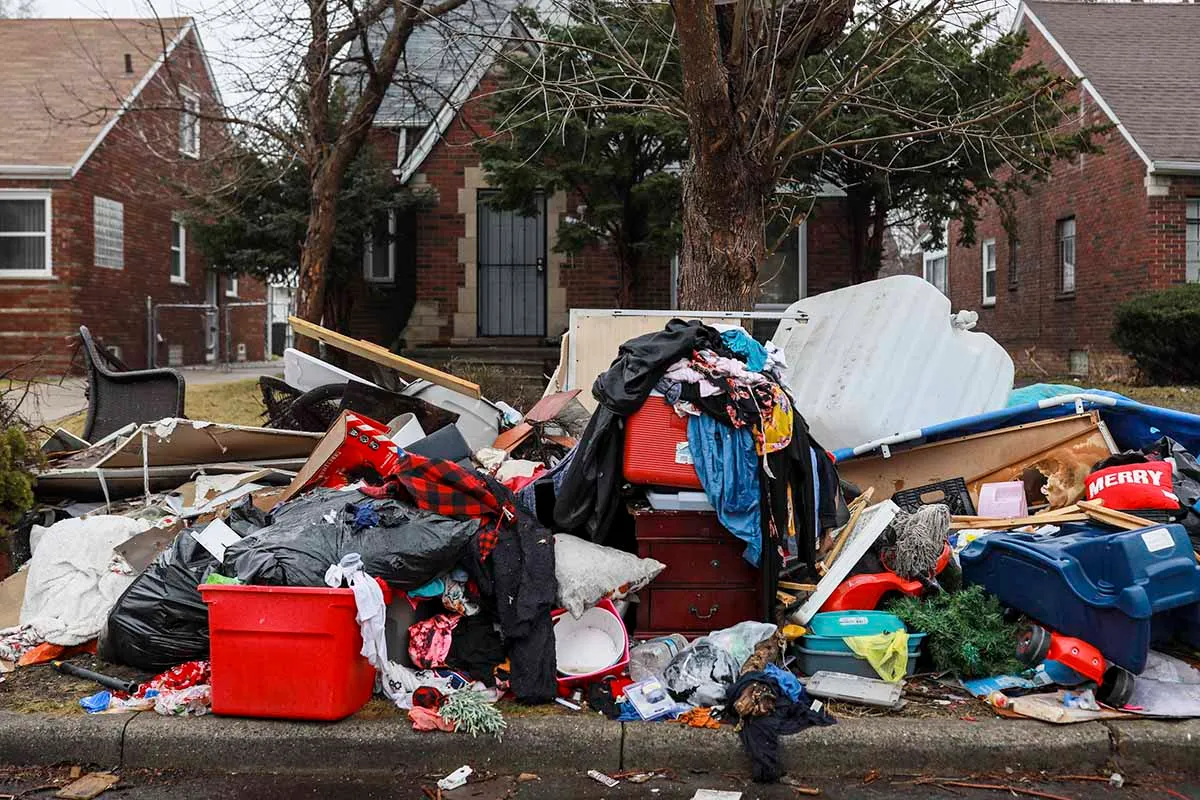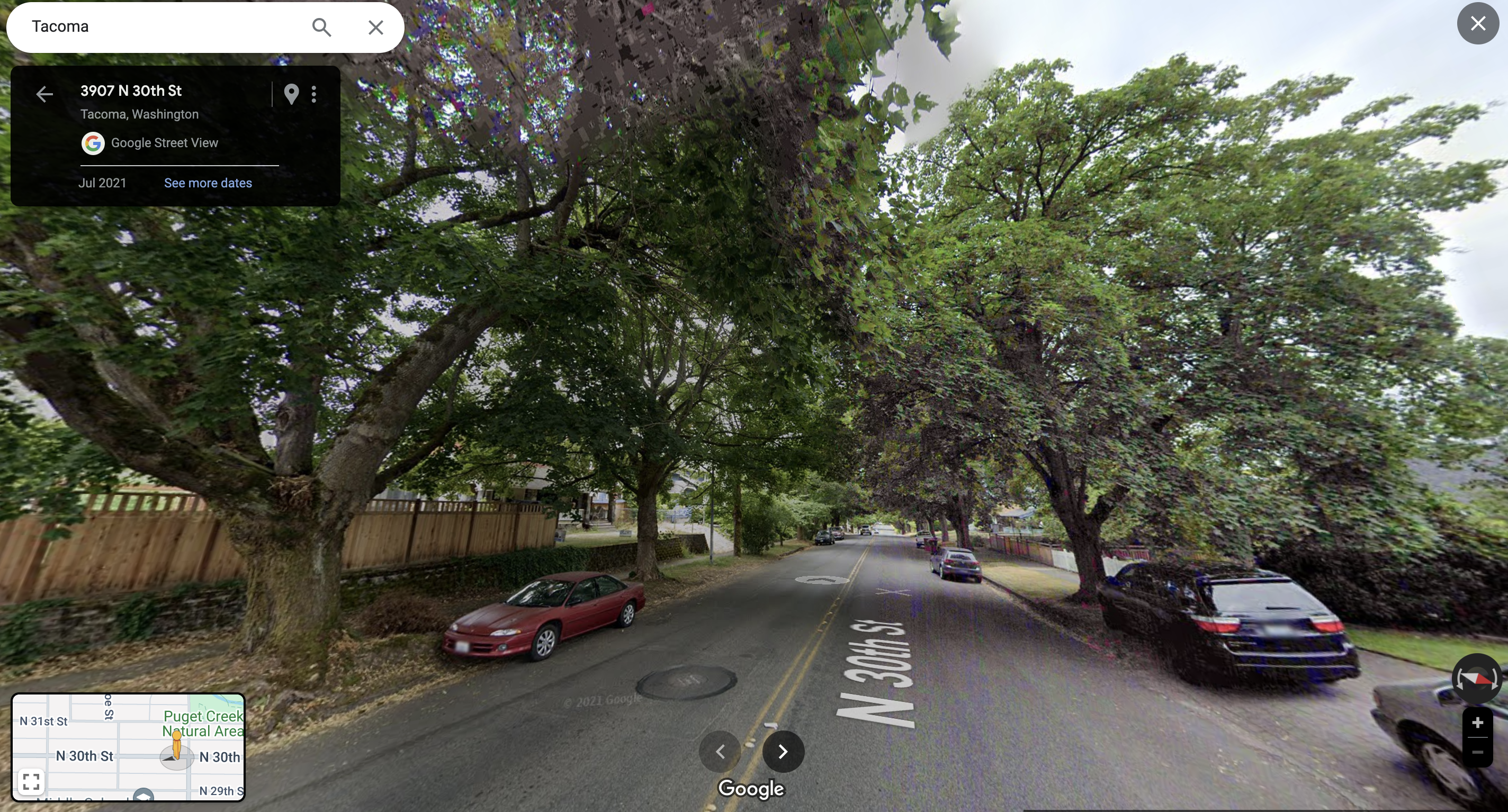Most Washington landlord-tenant laws are set at the state level (which is why we’ve written our Washington Eviction Guide), but cities and counties can impose their own laws too. In July 2023, the City of Tacoma updated its rental housing code to add many additional tenant protections. This article is about those July 2023 updates.
However, after writing this article in November 2023, Tacoma voters passed what’s known as the “Landlord Fairness Code,” via ballot initiative no. 1. There’s a crazy story behind the passage of this initiative, which involves a ridiculous mistake by the Tacoma City Council. The Landlord Fairness Code operates on top of the July 2023 updates described here, meaning that landlords are required to comply with the restrictions described in this article and the restrictions in the Landlord Fairness Code. Once you’ve read this article, check out our guide on Tacoma’s Landlord Fairness Code.
Do Tacoma landlord-tenant laws replace state landlord-tenant laws?
Tacoma laws don’t replace state laws, but they do add additional tenant protections beyond what the state requires as a minimum.
Laws in the United States have a certain hierarchy. Federal laws have the most authority, state laws are in the middle, and local laws have the least authority. Local municipalities (cities and counties) are free to add additional laws as long as those additional laws don’t contradict state or federal law.
For example, Washington state law requires that landlords provide a minimum of 60 days’ notice for a rent increase. In contrast, Seattle requires 180 days of notice. Seattle’s law requiring more notice is legal because the state law doesn’t prevent a city from imposing a longer notice requirement. However, if Seattle tried to impose a notice requirement shorter than 60 days, that would be illegal.
Most municipalities haven’t imposed additional landlord-tenant laws, which means the state law eviction process is all that most Washington landlords need to worry about. However, a few Washington municipalities have imposed additional tenant protections on top of the baseline state laws. Seattle and Tacoma are the two primary examples.
Tacoma’s unique eviction laws
Prior to 2021, Tacoma had many unique eviction laws that added significant tenant protections beyond what the state law required at the time. However, in 2021, the Washington State legislature updated landlord-tenant laws at the state level. This change to state law rendered many of the preexisting Tacoma laws redundant. Some of the information on the internet hasn’t caught up with this change, so be wary when reading older articles about Tacoma landlord-tenant law.
That said, there are still a few important differences between Tacoma’s landlord-tenant law and Washington state law. We cover these differences below.
A Landlord must provide the tenant with written rent criteria and a link to Tacoma’s information website
When the landlord receives a rental application from a potential tenant, the landlord must provide the tenant with the written criteria the landlord will use for evaluating whether to accept the application. TMC 1.95.030. The theory seems to be that if a landlord sets out written criteria prior to reviewing applications, the landlord will be less likely to discriminate against someone for reasons not listed in the criteria.
Upon receiving an application, the landlord must also provide the tenant with a link to the following website: www.cityoftacoma.org/rentalhousingcode. This website contains useful information for both landlords and tenants.
Tacoma’s Unique Tenant information packets
Tacoma also requires that landlords issue specific tenant information packets at various times during the tenancy.
First, landlords are required to provide tenants with Tacoma’s unique “Tenant Information Packet” simultaneous with the lease. The landlord must reissue the packet on lease renewal. The landlord must also obtain (and retain a copy of) the tenant’s signature reflecting receipt of this packet, or if the tenant won’t sign, the landlord must retain a declaration stating the landlord attempted to serve these documents. TMC 1.95.030.
Second, if the landlord ever needs to serve one of the following eviction notices, the landlord must also serve the corresponding “Notice of Resources” along with the eviction notice. Click on the below notice to view the Notice of Resources intended to accompany each notice.
- Notice to Comply or Vacate
- Notice to Terminate
- Notice to Quit for Waste, Nuisance, or Unlawful Business
- Notice to Pay or Vacate
If a Tacoma landlord fails to serve either the Tenant Information Packet or the Notice of Resources on a tenant, the eviction will be invalid. The court will require the landlord to issue these documents before granting an eviction in the landlord’s favor.
Security deposits
If the total amount of a security deposit, non-refundable move-in fees and last months’ rent exceeds 25% of the first full month’s rent, a tenant may request in writing to pay the total amount in installments as follows:
- For tenancies that are three (3) months or longer, a tenant may elect to pay in three (3) consecutive and equal monthly installments beginning at the commencement of the tenancy.
- For two (2) month or month-to-month tenancies, a tenant may elect to pay in two (2) equal installments, with the first payment due at the commencement of the tenancy.
TMC 1.95.040
Practically speaking, this doesn’t come up very often because most tenants aren’t aware of their right to pay in installments. As a result, they usually don’t make this written request.
Right to meet with a landlord concerning a 120-day notice to vacate
Tacoma has imposed a very unique protections for tenants who receive a 120-day notice to terminate a month-to-month lease: Tenants may request an in-person meeting with the landlord, and the landlord is required to hold such a meeting within 20 days of receiving the request.
In case you’re curious about the origins of this unusual law, it arises out of an incident in 2018 when infamous local landlord Chad Duncan cleared out an entire 52-unit complex using 20-day notices. In addition to imposing a new 120-day notice requirement (now redundant under state law) the Tacoma city council also wanted to give tenants an opportunity to express their concerns (i.e., shout at) their landlord.
Tenant relocation assistance
Tenants are entitled to relocation assistance if their unit is condemned and they receive a corresponding 120-day notice. When serving a 120-day notice, the landlord must also serve the tenant with a Tenant Relocation Information Packet consisting of the following information:
a. A Relocation Assistance Certification Form with instructions for its submission to the Director; and
b. A description of the relocation benefits potentially available to eligible tenants.
At time of writing, Tacoma does not have the Relocation Assistance Certification Form available anywhere on its website. Landlords must request it by contacting TacomaFIRST 311. For further details on tenant relocation assistance, we recommend reviewing TMC 1.95.080.
If you’re not getting the picture already, Tacoma doesn’t like it when landlords use a 120-day notice to evict tenants. Avoid it if possible.
Concluding thoughts
Practically speaking Tacoma’s additional landlord-tenant laws don’t add any major hurdles for landlords, except perhaps landlords attempting to use a 120-day notice. However, it is very important to remember to serve the Tenant Information Packet, and (if you’re serving eviction notices) the Notices of Resource.



